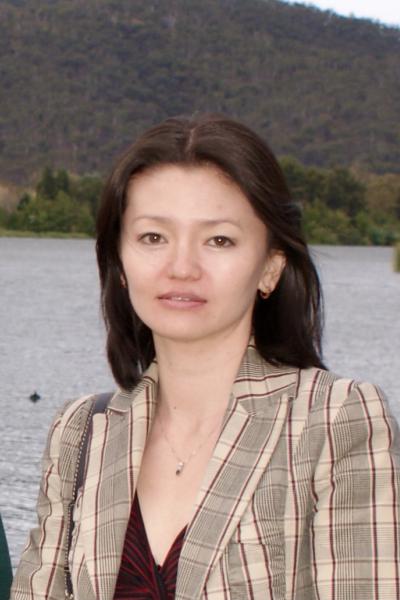
Dr
Undargaa Sandagsuren
Undargaa Sandagsuren (Sandagsuren Undargaa - publication name) is a political ecologist in the international development sector with more than twenty years of experience working on development, policy and academic research projects on mobile pastoralism and environmental management in Mongolia. She completed her BA in Linguistics at University of the Humanities (Humuunlegiin Ih Surguuli), Ulaanbaatar, Mongolia, and her MA in Development Studies at the Development Studies Centre, Anthropology Department at the University of Auckland, New Zealand. Undargaa conducted doctoral research in Mongolia and obtained her PhD in Environmental Management and Development (2014) at the Crawford School of Public Policy, the Australian National University, Australia. In 2016, she published her PhD thesis on Herlen Bayan-Ulaan State Reserve Pasture Area as a book titled ‘Pastoralism and Common Pool Resources: Rangeland Co-management, Property Rights and Access in Mongolia’ (Routledge), as well as several articles in peer-reviewed journals. Undargaa recently published a chapter on the history of ‘Pastoralism in Mongolia’ in the Oxford Research Encyclopedia of Asian History (2023). Undargaa is interested in understanding historical and contemporary public and environmental governance and its institutional arrangements. This involves in-depth examination of common pool resource management, property rights and regimes, resource access, land tenure, livestock and labour migration and markets, climate change, indigenous pastoral production, land dispossession and forced re-settlement, state and community-based natural resource management, and application and use of information technology and social media tools in resource access and gender relations in the context of mobile pastoralism in Mongolia and Central/Inner Asia.
Historical and contemporary public and environmental governance and its institutional arrangements, common pool resource management, property rights and regimes, resource access, land tenure, livestock and labour migration and markets, climate change, indigenous pastoral production, land dispossession and forced re-settlement, state and community-based natural resource management, and application and use of information technology and social media tools in resource access and gender relations in the context of mobile pastoralism in Mongolia and Central/Inner Asia.